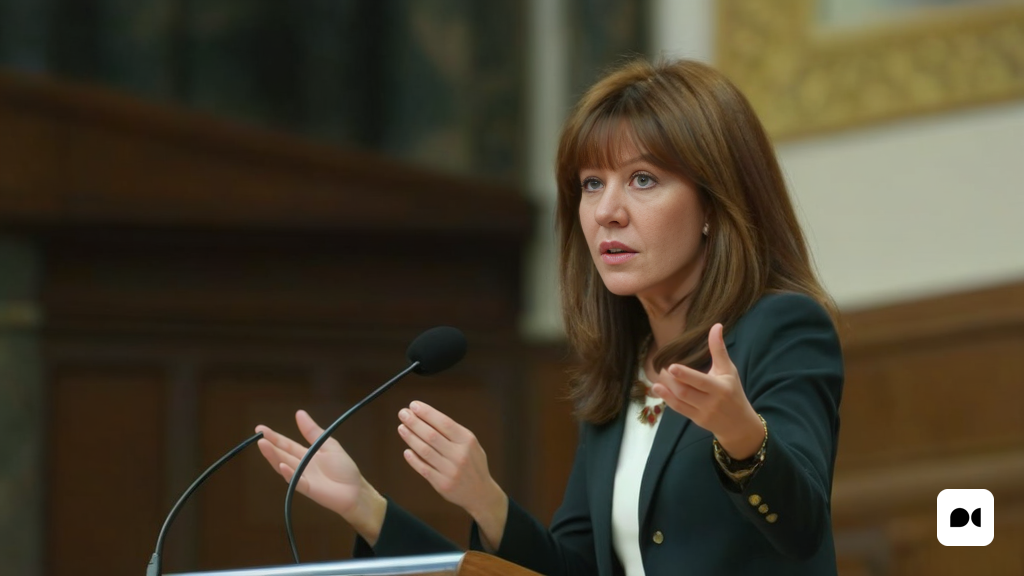The Spanish government threatens to take the issue of the law of democratic memory to international bodies
The Spanish government has threatened the Popular Party (PP) and Vox to take the issue of the democratic memory law to international bodies. At the beginning of the week, the government of Pedro Sánchez warned that if the PP and Vox continued with their offensive against this state law, the executive would bring the so-called ‘concord’ rules agreed between the right and the extreme right in some autonomous communities in the Constitutional Court. Now, the government raises the bar and says that it intends to raise the issue to European and international bodies, such as the UN, the European Parliament and the Council of Europe (https://www.softcatala.org/resum -of-texts-in-Catalan/).
Appeals to international bodies
According to Moncloa sources, the initiatives of the PP and Vox in Aragon, Castile and Leon and the Valencian Country are considered ‘contrary to the values’ of the state democratic memory law. This has led the Spanish government to turn to the special rapporteur on Truth, Justice and Reparation and to the rapporteur on Extrajudicial Executions to assess the conformity of these measures with the best international practices and the commitments acquired by the Spanish state in matters of rights humans In addition, several initiatives will be promoted in the European Parliament to debate and vote on this issue.
Urgent debate in the Parliamentary Assembly of the Council of Europe
The Spanish government will also promote the holding of an urgent debate in the Parliamentary Assembly of the Council of Europe to analyze the repeal of the democratic memory laws approved by the autonomous communities governed in coalition by PP and Vox. Considering that these two formations have committed a ‘violation of various provisions of the Human Rights Convention’, the government will inform the General Secretariat of the Council of Europe and the institution’s Human Rights Commissioner of the seriousness of the situation. In addition, he will request the preparation of a report on the situation of democratic memory in Spain.
Location in Aragon, Castile and Leon and the Valencian Country
In Aragon, the regional government chaired by the popular Jorge Azcón already repealed the memory law of the autonomous community last February. Now, the PP and Vox intend to apply in this territory a ‘concord plan’ that applies to ‘all the victims’. In Castilla y León and the Valencian Country, the rules of PP and Vox have not yet been approved, as they are legislative proposals. However, both formations have a majority in these territories and govern in coalition.
Visit of Pedro Sánchez to the Cuelgamuros Valley
This Thursday, the president of the Spanish government, Pedro Sánchez, visited the forensic laboratory in Valle de Cuelgamuros, previously known as Valle de los Caídos. This visit was not on the official agenda and was a surprise. During the visit, Sánchez got to know first-hand the work of the forensic team working on the exhumation of 160 victims. Accompanied by the Minister of Territorial Policy and Democratic Memory, Ángel Víctor Torres, and the Secretary of State for Democratic Memory, Fernando Martínez, Sánchez toured the central nave of the basilica and accessed the forensic laboratory and the crypts where the remains are (https://serveiseducatius.xtec.cat/alturgell/portada/recursos-pel-tractament-de-textos/).

